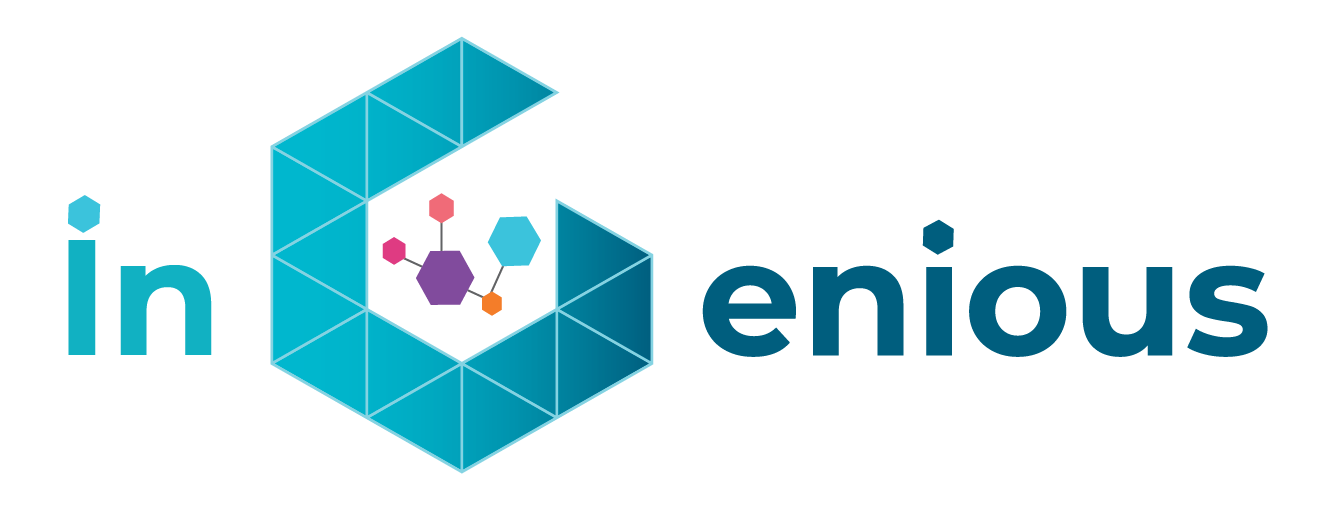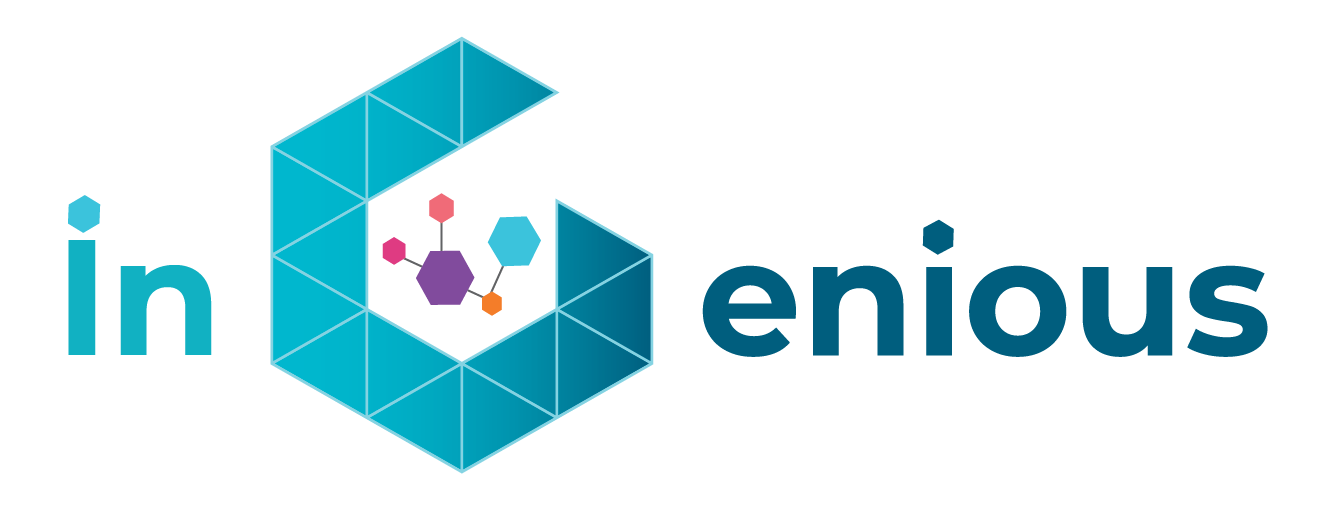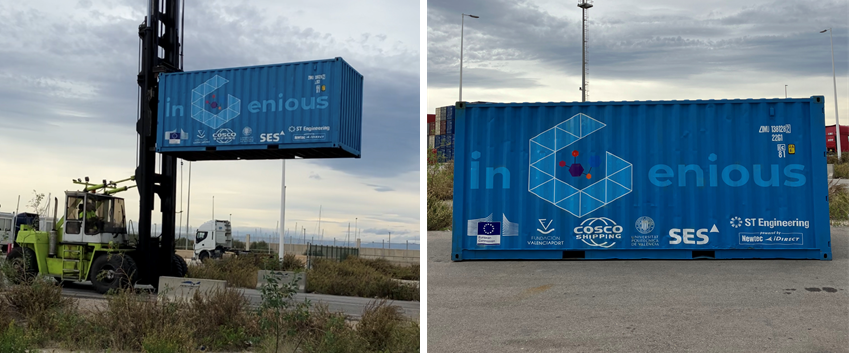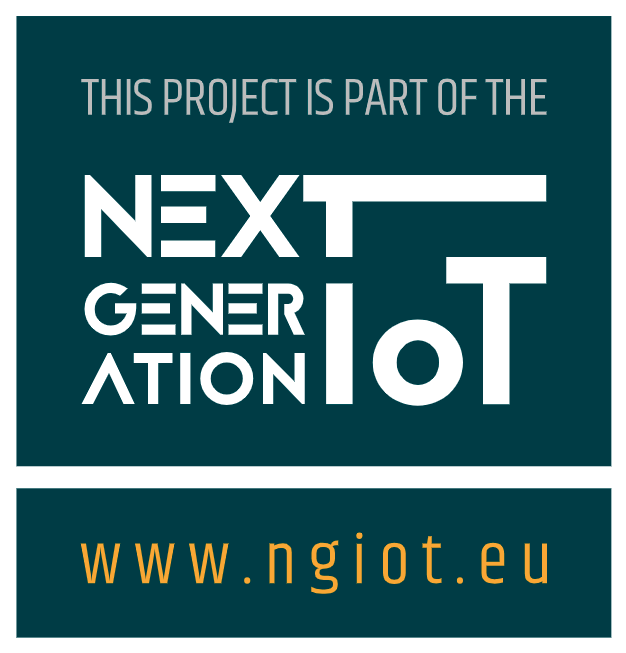After more than two years of work and effort by all collaborating entities and organizations, the iNGENIOUS project comes to an end in March 2023. The project began in October 2020 with a consortium formed by 21 collaborators from 8 different countries: Spain (Universitat Politècnica de València, Nokia, Telefónica I&D, Fivecomm, ASTI Mobile Robotics [ABB], Cosco Shipping Lines, Fundación Valencia Port, Neurodigital Tecnhologies), Germany (Technische Universität Dresden, Barkhausen Institut, Neurocontrols), Italy (Ericsson, Port of Livorno, CNIT, Nextworks), Finland (Awake.AI, Cumucore), Ireland (ST Engineering), Luxembourg (SES Techom), France (Sequans Communications) and Poland (Polish-Japanese Academy of Information Tecnhology).
iNGENIOUS was born with the aim of designing and evaluating the Next Generation IoT (Internet of Things) solutions, with focus on 5G technology and the development of Edge and Cloud computing extensions for IoT. Additionally, the project aimed to provide intelligent data and network management solutions with Artificial Intelligence and Machine Learning (AI/ML). The project adopted the vision of the 5G Infrastructure Association (5G IA) and the Alliance for IoT Innovation (AIOTI) with the objective of promoting smart manufacturing and mobility verticalization.
The use cases on which iNGENIOUS has focused have been divided into 3 different areas:
For the first one, Next Generation Automation, use cases have focused on the automation of multitasking robots connected by 5G for industrial environments; and the improvement of safety in these same environments thanks to remote driving of automated guided vehicles (AGVs) in immersive environments.
In the next area, Advanced Tracking of Large Areas, use cases have focused on monitoring and tracking transport platforms and data privacy thanks to LoRa Blockchain; and real-time tracking via IoT and satellite of industrial maritime transport.
Finally, in the area of Intelligent Information Flows, use cases have aimed at improving predictive models of intelligent logistics; and integrating the supply chain ecosystem to exchange information flows securely through IoT and DLT.
These use cases were not just remained on paper, but the final demonstrations were a success proving that the research carried out during the project has real applicability in the logistics industry. The demonstrations in the ports of Valencia and Livorno, at the University of Burgos, and the iNGENIOUS container’s journey between Piraeus and Valencia served to demonstrate the great work carried out during the project and the advantages that 5G, IoT or Edge and Cloud computing technologies represent for the improvement and optimization of a global industry.
The iNGENIOUS project is part of the Next Generation IoT initiative and has received funding from the Union’s Horizon 2020 Research and Innovation programme under grant agreement No 957216.




